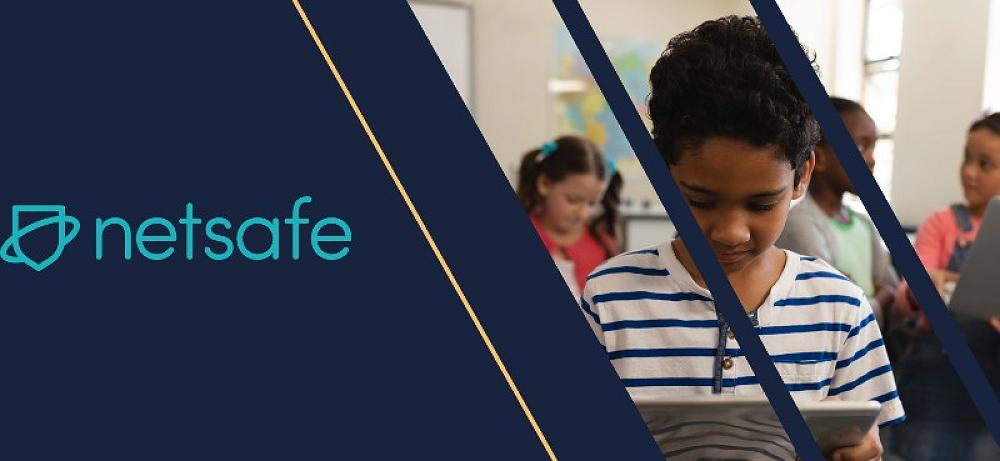
Netsafe resources to help families with internet safety
At the end of July Netsafe held their annual Netsafety Week. They have created some valuable resources and tools that families can view - links can be found below to webinar recordings. This informationis brought to us by the Netsafe team.
Whānau Webinar
Netsafe's new Learning Facilitator Lazarus Haurua has been busy visiting schools around the country but he also gave us the gift of a recorded webinar. YouTube link: https://youtu.be/LQ7o3lybCMY
The webinar, which was delivered to the National Council of Home Educators NZ in July 2023 covers the following topics:
- Understand some of our children's activities online
- Learning about our children's activities online
- Exploring technologies
- Agreeing and setting expectations
- Teaching online safety essentials
- Modelling online safety
- Making a safety plan
- How Netsafe can support
TikTok Safety
Hundreds of people tuned in live to the special Netsafety Week TikTok webinar "Beat the Bullies" hosted by TikTok's Trust and Safety Team.
However in the meantime, we do have our very popular TikTok Family Safety Toolkit resource available to download from our website (and we are looking into funding to have this updated and re-printed).
Managing Social Media Pages/Groups
Netsafety Week also saw us hold a workshop led by Dr Susan Wardell, of the "Tagging In" Project.
The group behind the research project (dedicated to valuing & equipping social media admins and moderators) created a free resource that will be super valuable to those who find themselves managing a school or sports group's social media page an "add on" to their main job (or as a volunteering role).
The resource is available free here as a 27-page, full-colour, downloadable booklet, with information and advice gathered from over 14 social media administrators in Aotearoa New Zealand: https://thetagginginproject.com/the-resource/
Sextortion Campaign
Netsafe have launched a new public awareness campaign targeting a harm called "sextortion."
Sextortion is a type of blackmail when someone threatens to share a nude image or sexually explicit video of you online - unless you pay them or provide more sexual content. Scammers create fake profiles on social media and often target young people. They try to convince them to share explicit or nude images or videos.
Since 2019 Netsafe has experienced an 88% increase in sextortion reports. And this is a harm type increasingly targeting our youth. Over the previous year Netsafe received 44% more reports from people aged 21 and under, than people 21+.
Netsafe has worked with a range of subject matter expert stakeholders nationally, and internationally in the UK, US and Australia, to create an illustrated video that will speak to younger audiences (13-17) in an age-appropriate way.
We created an illustrated video and ads will run on popular channels YouTube and Spotify to reach younger audiences signposting them to information on the signs to look out for.
There is a section on the website with advice for trusted adults too: https://netsafe.org.nz/sextortion
We also received some important news coverage on the issue in Stuff: https://www.stuff.co.nz/national/crime/300940390/sextortion-continues-to-rise-with-netsafe-wanting-to-prevent-tragic-outcomes
Senior Whānau
We know that many school families support, and are supported by, older aged people in their whānau.
We created a number of new resources to help seniors trying to be more active digitally, to feel safer doing so. These tools are free for you to share with your school communities:
The Anti-Scam Tool
Scammers are so clever, it can be hard to tell what is real and what is fake. So, to try and help you sort the good deals from the good for-nothings, Netsafe has a smart new tool (a website) called Check Netsafe.
Type in (or copy and paste) the full web address hyperlink you want to check and within seconds you will see background insights that will help you discern if the link is likely a scam or a legitimate website: checknetsafe.nz
The Little Black Book of Scams
Compiled by Bronwyn Groot, Netsafe's ‘scambassador’ and NZ Anti-Fraud Award winner, the Little Black Book of Scams tells you almost everything you need to know about the most common scams targeting New Zealanders today. You can download a copy to read on your device or print it out to keep at home:
View or download the Little Black Book of Scams here.
Scams Webinar
Bronwyn Groot also presented three in-person workshops in Auckland, Nelson, and Christchurch retirement villages (for residents only) during Netsafety Week, with generous support from Chorus. She kindly recorded her presentation so that we could share it with families across the motu.
You can view the video freely here: https://youtu.be/f7pXRM4GJU4
